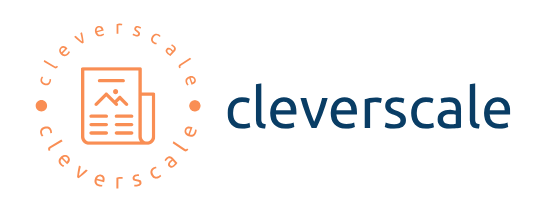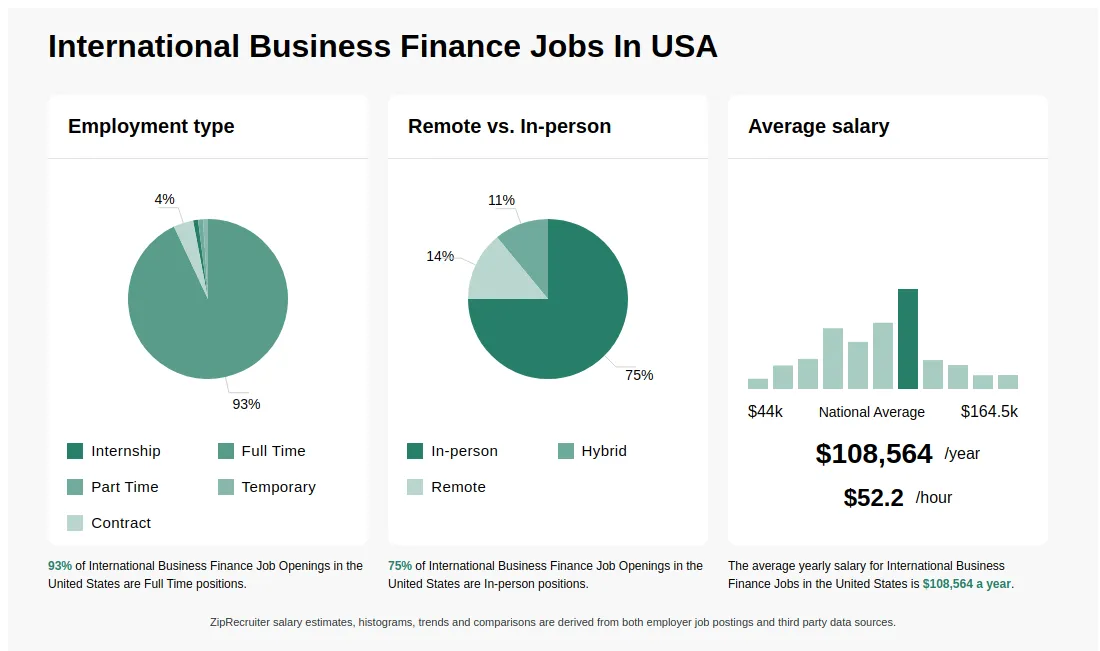 So you’ve got your small business idea and you want to start a small business. What do you need to do to get your small business off to a flying start?
So you’ve got your small business idea and you want to start a small business. What do you need to do to get your small business off to a flying start?
I am going to share with you what I believe are the 3 most important things to consider when starting a small business, especially a bricks and mortar business.
1. Research
You will need to carry out thorough research on the products or service that you are going to be selling. When I started my first business more than twenty years ago, my original business idea was to open up a pet shop. I wasn’t actually sure whether there would be a demand for that type of shop, so during one of my week’s holidays I actually parked in the main shopping street for 6 hours a day for the whole week and carried out thorough research including:
Counting the number of people who visited the shops each day.
Speaking to shoppers to ask whether they felt that there was demand for a pet shop in that area.
Speaking to other shop owners in the locality to ask for any tips that they could give me on the best ways to start a retail business.
Checking what other competitors were doing in order to offer better.
Checking location i.e. making sure that there was a market for what I was selling within a given area and that I could achieve the desired profit margins within that location. Location is very important when considering a bricks and mortar business as property leases and the prices that you can charge for your goods or services, are largely governed by location.
Needless to say I did not open a pet store but I opened up a chain of convenience stores instead based on using the same research techniques.
2. Create a Good Business Plan
You can have the best small business ideas in the world, but you will seldom get them off the ground without financial backing. In order to gain that all important backing you will first of all need to present your potential lender with a business plan.
Do not be out off by this. All too often you will already have the business plan already in your head and will merely need to put in down on paper. Some things that you need to include when writing a business plan are;
The product or service that you are going to provide.
Who your targeted customers are going to be.
The cost to make or buy the product to sell on or how much it’s going to cost you to provide the service that you are going to be offering.
Your operational costs including rent, staff, fuel, vehicles, equipment, stationary, materials, legal fees, advertising etc, etc. You will need to ensure that you list them all.
The location where you are going to be offering your goods or services.
3. Financial Planning
Financial planning for a new small business is not just about how much money people they spend but more about planning the amount of sales that you hope to make each day, the purchases you will need to make, and the income that you expect to make after deducting the overall costs of trading. Many small businesses fail in the first year of trading because of poor cash flow. Below are some suggestions of how to avoid cash flow problems within your first year of trading:
Create a “small business cash flow forecast. Simply write down all of your expenditure costs for each month for the first year of trading and then add them up. Then write down what you think you will achieve in sales. Deduct one from the other and this will provide you with the targeted amount of sales that you will need to make in order to break even or make a profit.
If you don’t feel confident to create your own cash flow forecast, you could ask an accountant to do it for you. They could also create a profit and loss statement for you at the same time.
It is advisable to have some emergency funds set aside when starting a small business. Every new business needs money to get started, even if is only to buy stock or stationary.
If possible try to allow a sum of money equal to the projected turnover for the first year of business to allow for any cash flow problems.
Get the best deals from your lender. Some banks like Nat West and HSBC now offer free banking for 2 years for all new small businesses. Check out a few banks as they all offer something unique.
Don’t be disheartened if you get a few refusals. Just remain focused on your business idea and remain confident in your approach when discussing your business plans with the business advisor.
I can remember when I started my first business, eighteen lenders turned me down. However I didn’t give up and eventually a bank manager situated 90 miles away believed in my passion and drive to start my own business and decided to lend me the money that I needed.
So there are, what I believe, are three most important things to consider when you start a small business.
Thu, Apr 3, 2025
Accounting Entries – Business Law – Finance Technology – Marketing News


